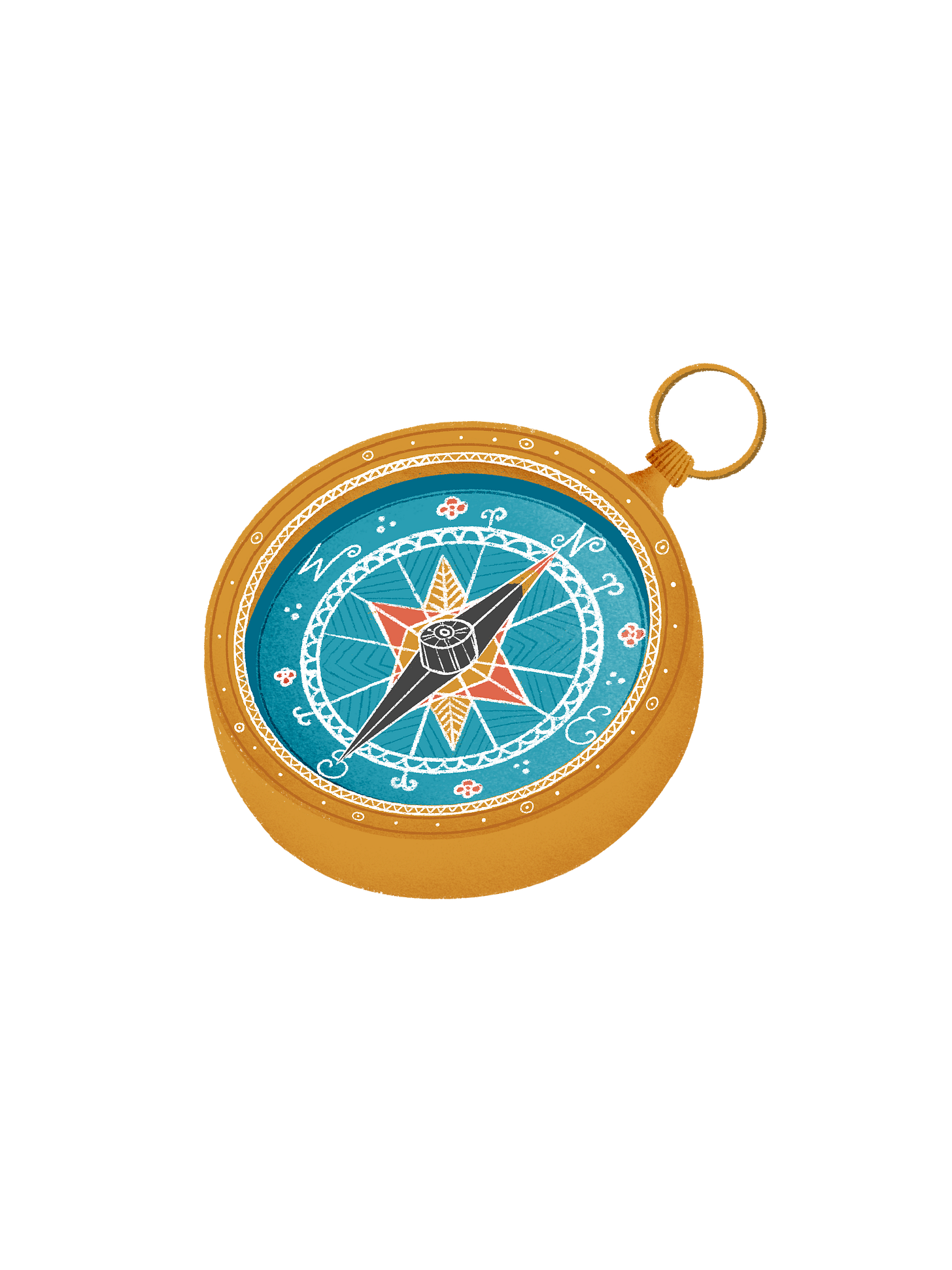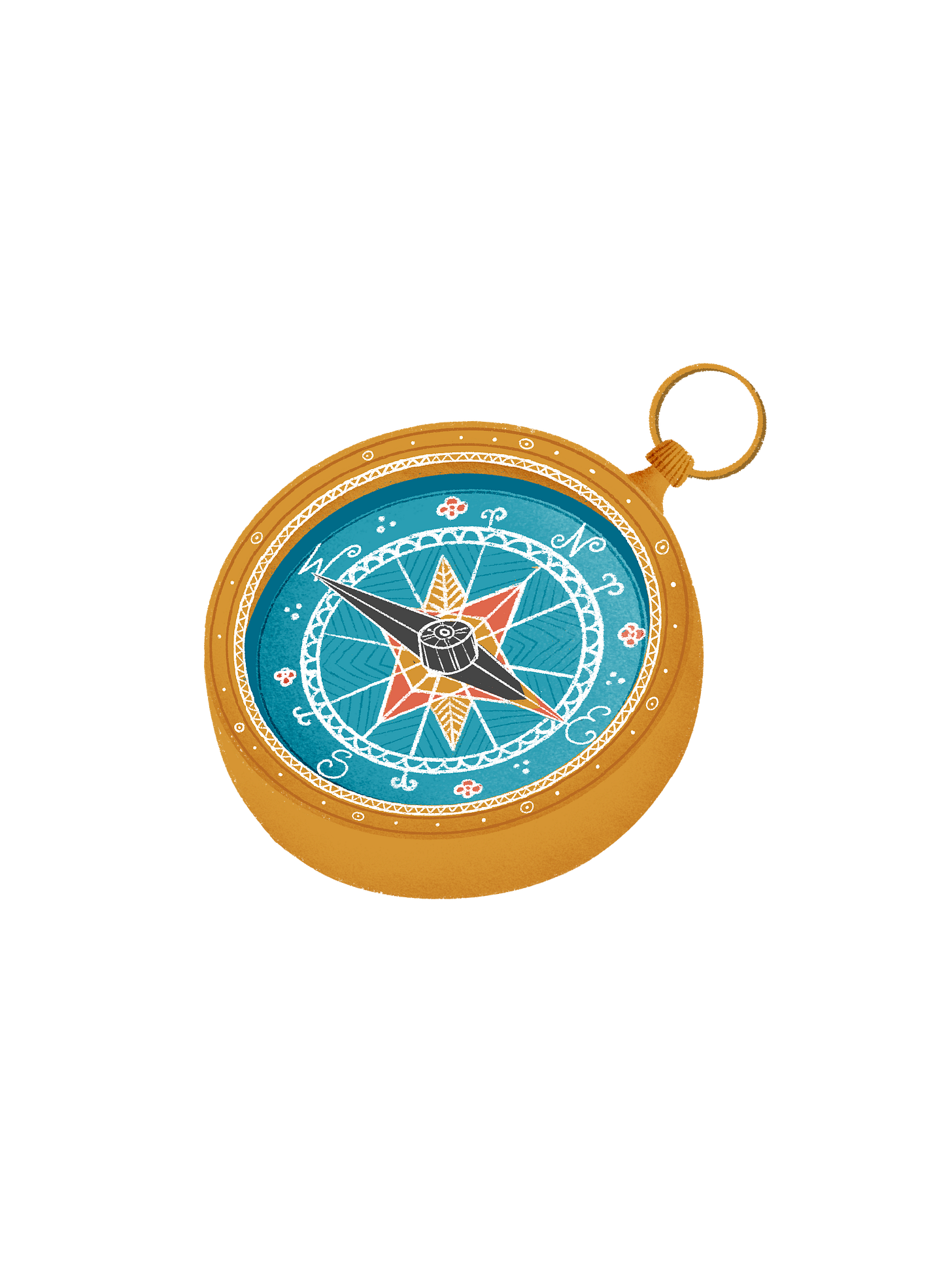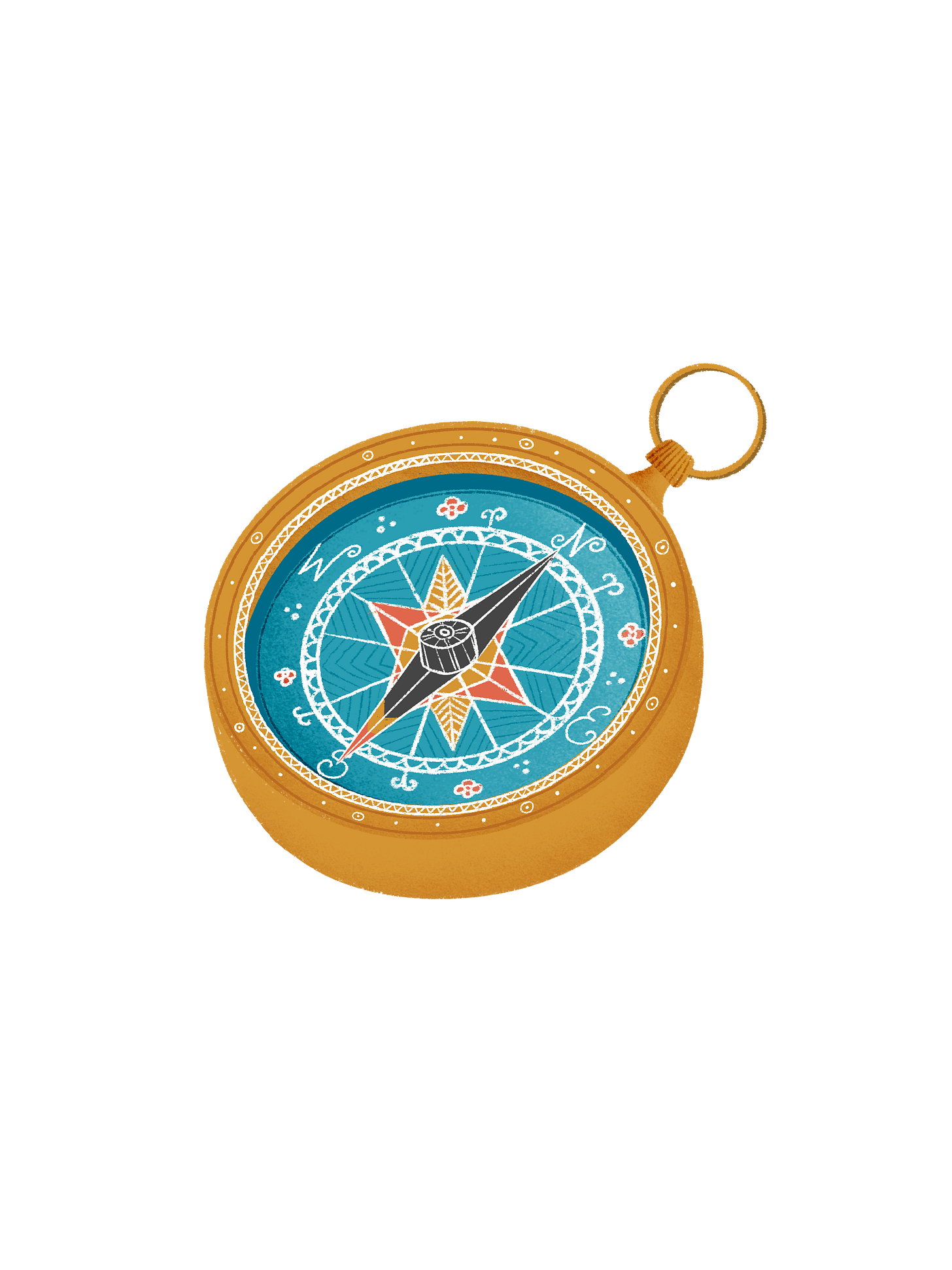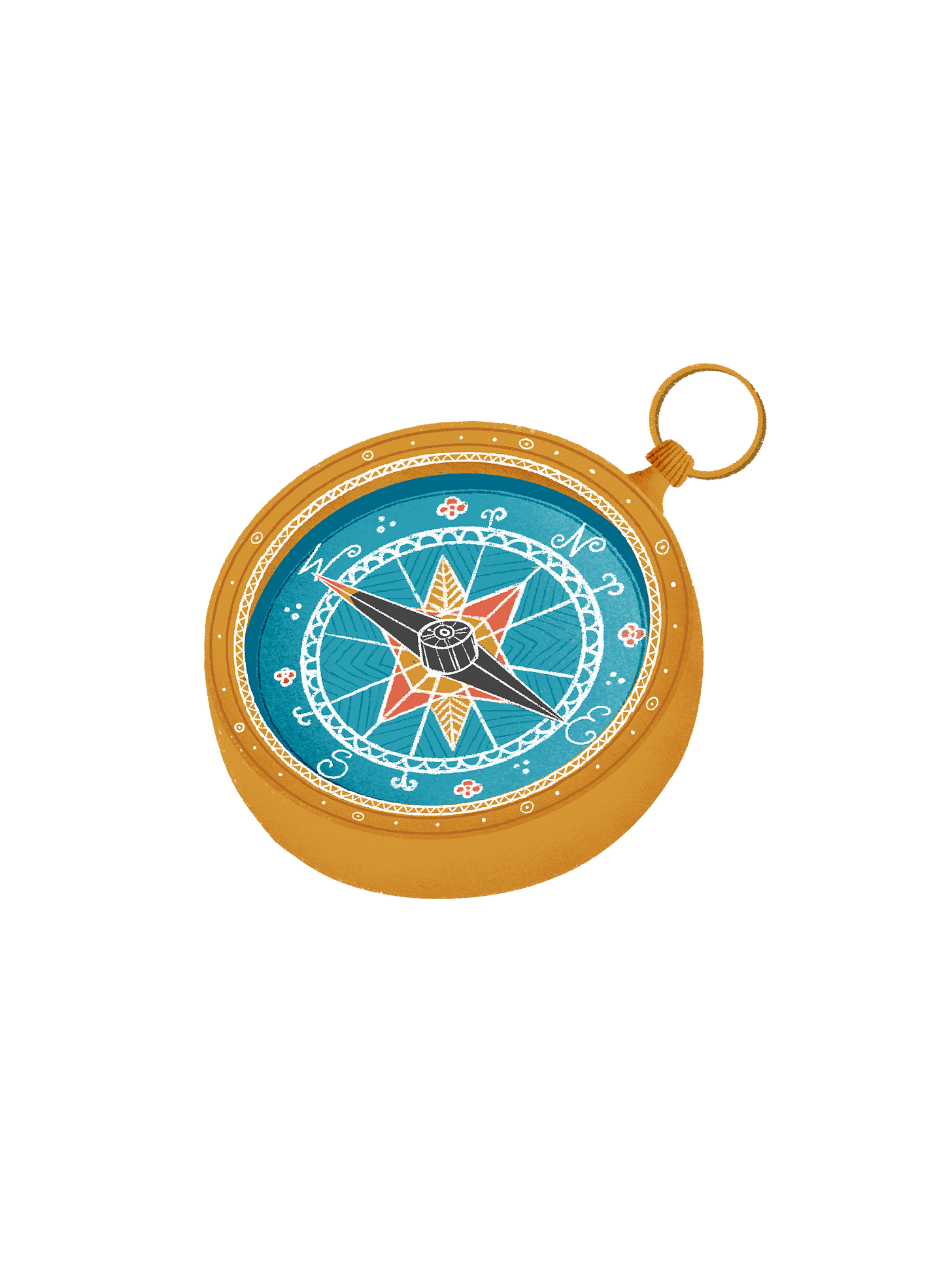Expedition into Inquiry
Embarking on the expedition of inquiry-based learning is akin to setting off on an uncharted journey, both for educators and their students. For me, as a new inquiry teacher navigating the complexities of this dynamic pedagogy, it felt like stepping into a vast, unknown wilderness. Just as an explorer relies on their compass, map, and toolkit to traverse unfamiliar terrain, educators and students require a similar set of tools and strategies to navigate the rich landscape of inquiry learning. This analogy is not merely poetic but practical, serving as the foundation upon which this series is built.
The concept of an expedition perfectly encapsulates the essence of inquiry-based learning. It is an adventure, a deep dive into the unknown, fueled by curiosity and a desire to discover. Just as no two expeditions are the same, each inquiry journey is unique, shaped by the interests, questions, and interactions of those who embark upon it. This series uses the elements of an expedition not only as a metaphor but also as a concrete toolkit designed to transform your classroom into an environment ripe for inquiry.
For my students and me, remembering to employ specific strategies at each stage of the inquiry process is vital, just as it is crucial for explorers to remember to use their tools at key points in their journey. This book is structured around these stages, providing a guide for educators to facilitate and participate in the inquiry process effectively. By viewing the classroom as a landscape to be explored and the learning process as an expedition, we invite a shift in perspective that can significantly enhance the educational experience.
“By viewing the classroom as a landscape to be explored and the learning process as an expedition, we invite a shift in perspective that can significantly enhance the educational experience.”
The journey of becoming adept at inquiry-based learning, for both teacher and student, is full of challenges and discoveries. It requires patience, resilience, and a willingness to venture into the unknown. Yet, the rewards of this journey are immeasurable. It leads to a deeper understanding, heightened engagement, and an empowered classroom where learners take ownership of their educational voyage. Through the metaphor and toolkit of an expedition, this series aims to equip you with the strategies and insights needed to embark on this transformative journey, making inquiry-based learning a profound and integral part of your teaching practice.
The Inquiry Compass: Guiding the Journey of Discovery
Crucially, one of the first tools in the kit for any expeditioner is that of a compass.
This instrument, symbolic of guidance, direction, and the ability to navigate through the unknown, serves as a perfect metaphor for the inquiry compass. Just as a physical compass provides bearings in the natural world, the inquiry compass offers direction and support as you and your students embark on your educational expeditions, ensuring you can navigate the sometimes challenging but always rewarding landscape of inquiry-based learning.
The exploration of inquiry-based learning culminated in the innovative development of the 'inquiry compass,' a strategic tool designed to navigate the complexities inherent in the practical implementation of inquiry-based learning across diverse educational landscapes. The inquiry compass emerges as a beacon for educators, offering a navigational aid through the intricate process of integrating inquiry-based learning into their pedagogical repertoire. It seeks to demystify and streamline the approach, addressing pivotal concerns such as curriculum alignment, resource allocation, and student readiness for inquiry-based learning environments.
Each of the compass's cardinal points—North, East, South, and West—represents a crucial stage in the inquiry process, offering a structured approach to fostering a culture of curiosity and deep learning.
North is for Navigating
This cardinal point emphasizes the importance of setting the direction for inquiry, helping educators and students formulate meaningful questions that spark curiosity and drive the exploration forward.
East is for Engaging
Engagement is crucial in inquiry-based learning, and this point focuses on the active involvement of students in their learning process, through collaboration, exploration of resources, and hands-on activities.
South is for Synthesizing:
At this stage, the focus shifts to analyzing and synthesizing the information gathered, encouraging students to draw conclusions, make connections, and construct new knowledge.
West is for Weaving:
The final cardinal point emphasizes the integration of learning, where students weave together their discoveries and insights into cohesive presentations or projects, culminating in a reflective celebration of their journey.
This compass not only serves as a metaphor for the journey of inquiry but also as a practical toolkit, with each cardinal point offering specific strategies, tools, and resources to navigate the stages of inquiry-based learning.
A Vision for the Journey Ahead
In the forthcoming posts, a comprehensive exploration of the Inquiry Compass will unfold. Delving into its foundational principles, components, and operational guidelines, the objective is to equip educators with a thorough comprehension of its application and potential impact. This discourse aims to illuminate the pathways through which the Inquiry Compass can mitigate previously outlined challenges, thereby enhancing the efficacy and enjoyment of inquiry-based learning for both educators and students alike.
While this series is primarily aimed at educators seeking to enhance their pedagogical practices through inquiry-based learning, it also serves as a valuable companion for students on their learning journey. The tools, strategies, and insights shared within these posts are not only applicable in the classroom but can also empower students to take ownership of their learning and embark on their own inquiry expeditions.
Educators will find the resources within this series adaptable to various educational settings and subject areas, fostering a culture of inquiry that transcends disciplinary boundaries. Likewise, students can utilize the inquiry tools and techniques presented here to deepen their understanding, hone their critical thinking skills, and cultivate a lifelong love for learning.
As you engage with the content of this series, you will discover that the skills and mindsets cultivated through inquiry-based learning are transferrable beyond the classroom walls. Whether navigating complex challenges in their academic pursuits or exploring the world around them, the principles of inquiry empower individuals to approach problems with curiosity, creativity, and resilience.
By embracing inquiry-based learning as a collaborative endeavor between educators and students, we pave the way for transformative learning experiences that extend far beyond the confines of traditional education.
Part 1 - North is for Navigating - available next week…










